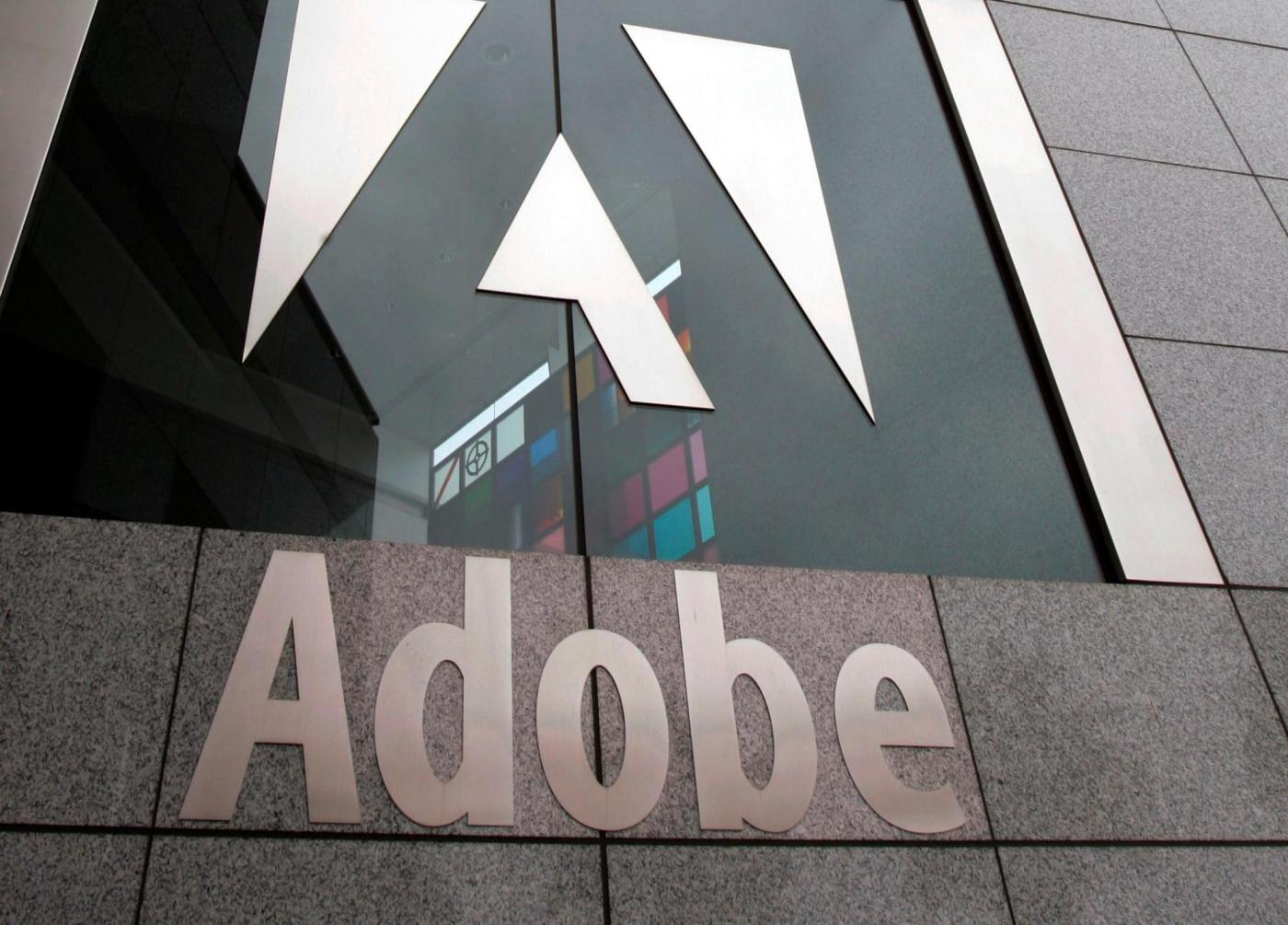(Bloomberg/Anthony Hughes and Brody Ford) — Figma Inc. shares are set to begin trading Thursday after the design and collaboration software company and some of its backers raised $1.2 billion in one of the year’s most anticipated US initial public offerings.
The company and investors including Index Ventures, Greylock Partners and Kleiner Perkins sold 36.9 million shares at $33 each. The shares were marketed for $30 to $32 per share, after the company increased the range earlier in the week.
The pricing gives Figma a market value of $16.1 billion, based on the outstanding shares listed in its filings. Accounting for employee stock options and restricted stock units, the company has a fully diluted value of roughly $18.5 billion.
The figure is approaching the $20 billion valuation Figma would have fetched in a planned sale to Adobe Inc. that fell apart in 2023.
Related Articles
Microsoft surges on robust cloud growth, record AI spending
Arm tumbles after spending surge weighs on profit forecast
Magid: UK Online Safety Act tougher than proposed U.S. law
Meta stock surges after Q2 results blow past expectations despite heavy AI spending
Forensic crime labs are buckling as new technology increases demand
The shares offered in Figma’s IPO were approaching 40 times oversubscribed, Bloomberg News reported Tuesday, in a sign of robust demand for the first sizable software offering in the US since SailPoint Inc.’s debut in February.
Figma is used to design web and mobile application interfaces. It has expanded its suite of products in an attempt to be more useful for software development and general workplace collaboration.
Like many software firms, Figma charges clients based on the number of users and the kind of seat those users have. It added Dev Mode to the platform in 2023 to enable closer collaboration with developers, and has more recently incorporated AI technology into many of its own tools. This year it introduced Figma Make, an AI-based product that lets the user turn prompts into functional prototypes.
The company is growing quickly, with a 46% year on year increase in first-quarter revenue.
What Bloomberg Intelligence Says
Figma’s profitability, highlighted by an adjusted gross margin around 92%, tracks above even its most well-established software peers, giving the company ample flexibility to invest in new products and markets.
– Anurag Rana and Andrew Girard, technology analysts
Click here to read the research.
A key question for Figma’s long-term success is whether it can become a tool used pervasively used by office workers beyond designers. The company’s suite of tools is seeing strong adoption by software developers, product managers, and marketers, said Andrew Reed, a partner at Sequoia Capital and a member of Figma’s board.
Sequoia, one of the most storied Silicon Valley venture firms, first invested in Figma in 2019. Around this time, companies were beginning to adopt Figma’s product en masse, Reed said.
IPO Volume Climbs
The IPO has lifted the volume of first-time share sales on US exchanges above last year’s pace. There has been more than $21 billion worth of US first-time share sales in the year to date, excluding financial vehicles such as blank-check companies, just behind the $20.2 billion raised in the same period in 2024, data compiled by Bloomberg show.
Demand for Figma’s IPO was likely helped by an order-taking process similar to an auction. Prospective investors in Figma’s offering were asked to precisely state the number of shares they wish to buy and at what price, a person familiar with the matter has said.
Dylan Field, the company’s chief executive officer and co-founder, will continue to control the company with 74.1% of the votes after the IPO through his holdings of Class B shares that have 15 votes each, the filings show.
Field and fellow Brown University student Evan Wallace started Figma in 2012. Field attended Brown for two and a half years before accepting a Thiel Fellowship, the Peter Thiel-backed program that provides funding to young entrepreneurs, provided they drop out of school. Figma was widely embraced by designers who warmed to its browser-based interface, replacing previous methods of collaboration involving sharing files individually.
Figma had net income of $44.9 million and revenue of $228 million in the three-month period ended March 31, according to its filings. It reported revenue growth in 2024, though rising operating expenses contributed to a net loss of $732 million for the year.
Adobe, a maker of software for creative professionals, walked away from the deal to buy Figma following clashes with regulators. It paid a $1 billion termination fee.
The offering was led by Morgan Stanley, Goldman Sachs Group Inc., Allen & Co. and JPMorgan Chase & Co. The company’s stock is listed on the New York Stock Exchange under the symbol FIG.
–With assistance from Katie Roof and Natalia Kniazhevich.
More stories like this are available on bloomberg.com
©2025 Bloomberg L.P.





